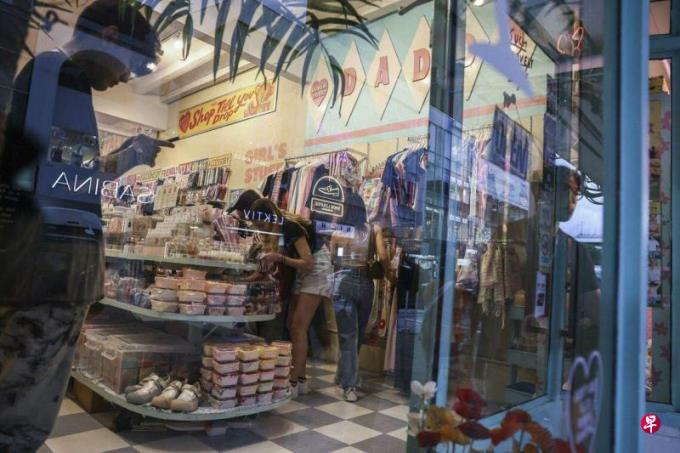
(Bangkok Comprehensive News) The manufacturing industry in Thailand is facing a serious crisis. The industry calls on the government to take action to crack down on China's low -cost imported goods dumping to avoid more factories closed.
According to the National Journal, data from the Thai Industrial Engineering Bureau and the Qiu Jianjian Bodale Research Center (KKP Research) show that a total of 488 factories closed in the first five months of this year, with an average of more than 97 per month, and crown diseases, and crown diseases, and crown diseases.During the epidemic period, the average monthly closure of 57 factories in 2021 was not optimistic.
Overall, from 2021 to May 2024, it is estimated that more than 3,500 factories have been suspended.These factories are mainly concentrated in plastic products, leather products, rubber and rubber products, food, machinery and machinery products, metal products, wood processing and wood products.
Structure defects in Thailand industry: there will be more factories closed down
Thai public television reports that most of the large factories are closed, while the new factories opened are small factories.KKP pointed out that large factories have closed down, highlighting the structural defects in the Thai industry.
Experts expect more factories to fail next.Kriengkrai Thiennukul, chairman of the Thai Industry Federation, said that Thai manufacturers face fierce competition in low -cost imports, especially Chinese cheap products poured into the Thai market through legal and illegal pipelines, impacting Thai products in the local retail and online shopping marketsSale.
As China's real estate industry is facing serious liquidity problems, China is therefore more and more dependent on exports to maintain economic development.Zhang Xueshan said that the United States has recently announced that 25%to 100%tariffs on hundreds of Chinese products, and tariffs on Chinese electric vehicles have increased from 27%to 102%. Many European countries are also preparing to impose tariffs on Chinese goods, leading to ChinaExcess capacity has increased exports to Asia and the Asian dimensional market, including Thailand.Many small and medium -sized enterprises in Thailand cannot be forced to take a break. Other companies that are still operating have to close the production line and switch to imported goods for sale.
There are 45 industrial organizations under the Thai Industry Federation, of which more than 20 organizations are influenced by low -cost imported goods dumping.Zhang Xueshan warns that if effective response measures will not be taken this year, more than 30 industrial organizations will be impacted.
The Secretary -General of the Thai Industry Standard Association Wan Guya said that the association is reviewing Chinese products sold in the local retail and online shopping markets, hoping to eliminate low -quality Chinese products within six months.From September last year to April this year, the association confiscated low -quality Chinese products with a total value of more than 76.2 million baht (about S $ 2.8 million), which accounted for 38%of all low -quality imports.
The Thai government has levied VAT for the price of single items below 1,500 baht (S $ 55), and Chinese goods that were originally sold online without taxation.
In order to assist SMEs, the Thai government and central banks provide direct guarantee services for SMEs through Thailand's national small loan guarantee companies to facilitate these companies to apply for loans from banks.



